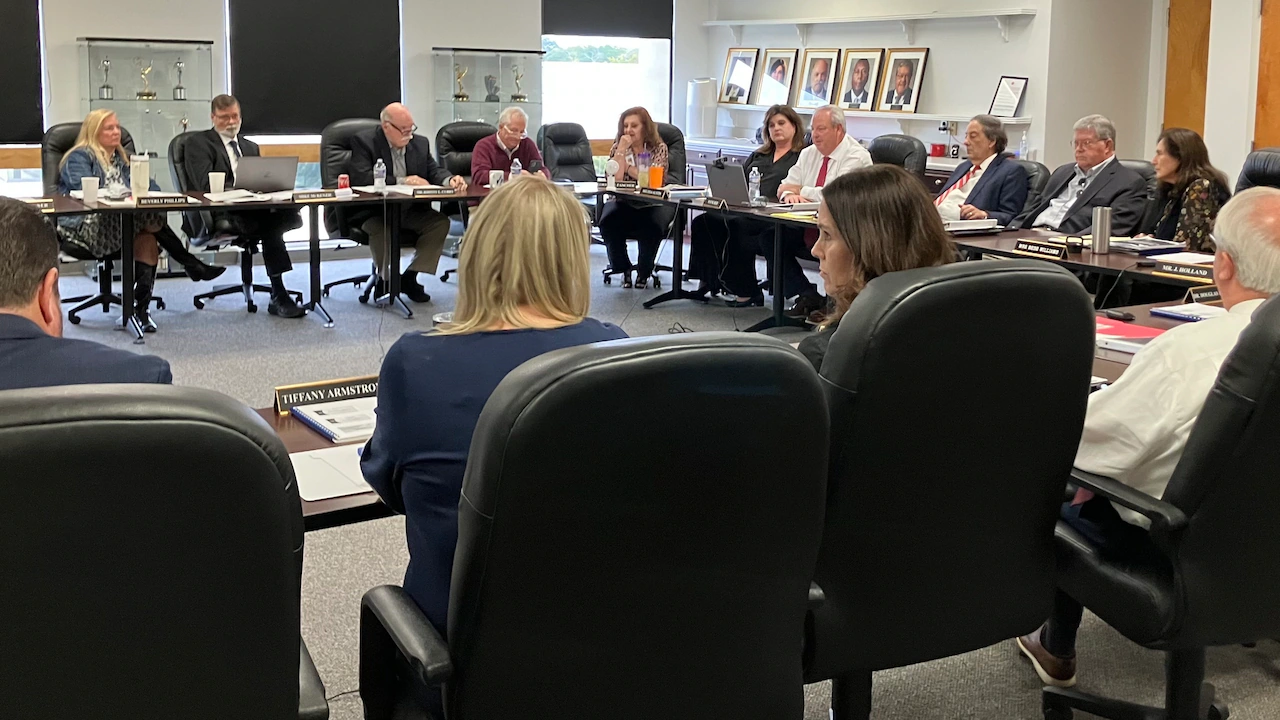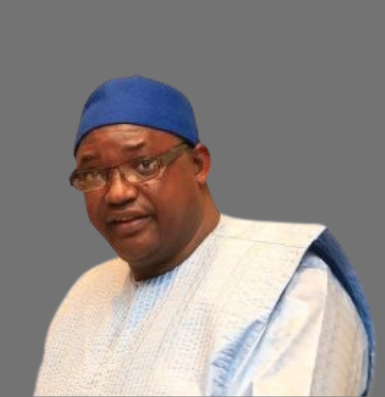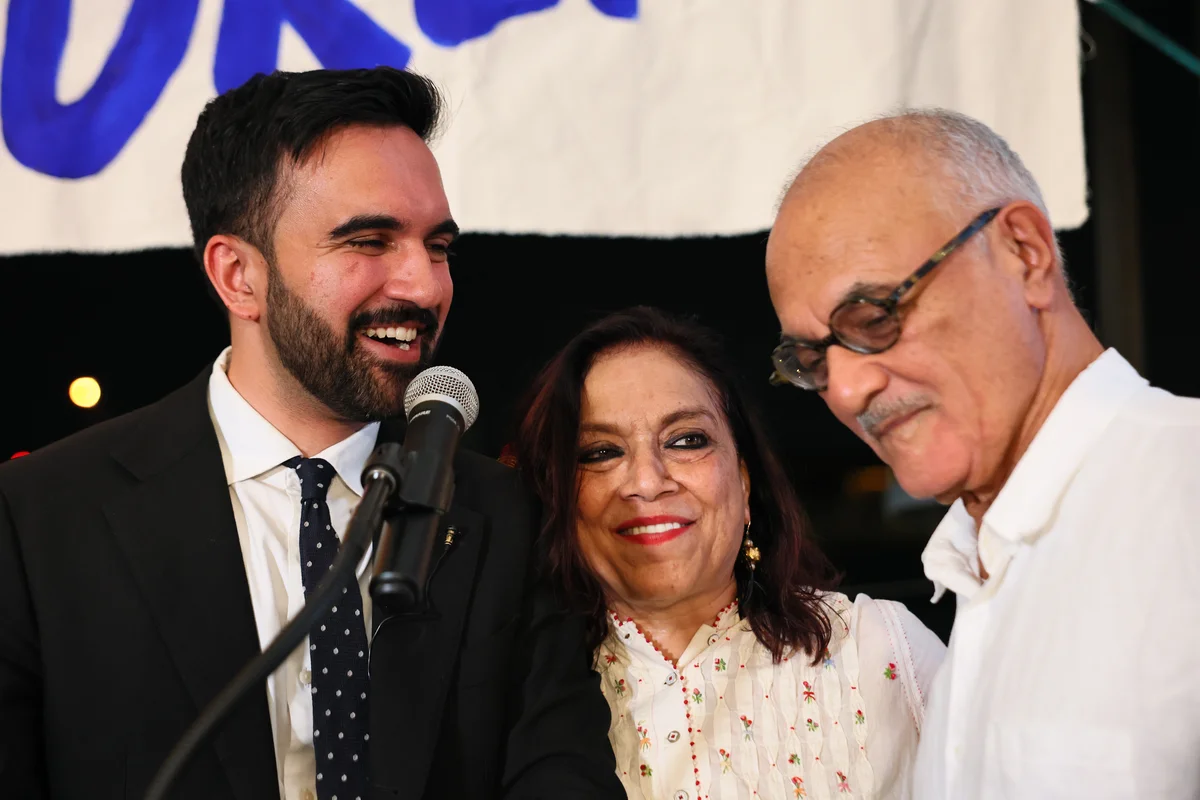Copyright AL.com

Officials said the end of the PBS partnership could cost Alabama Public Television millions in funding, 90% of its content and thousands of audience members. “I’m afraid that it would be the end of APT-PBS as we know it,” APT Commissioner Pete Conroy said. If it happened, APT would be the first educational network in the country to disaffiliate from PBS, the longtime home of Sesame Street, Mr. Rogers’ Neighborhood and Reading Rainbow. After a heated discussion about the fate of Alabama Public Television’s relationship with PBS last week, staff and commissioners say severing ties could change APT forever. In the weeks leading up to APT’s next public board meeting on Nov. 18, Executive Director Wayne Reid said he is working with the staff to gather information about what it would take to end the partnership and its possible effects. At the center of the debate to disaffiliate are money, people and politics. “The politics are the polarizing thing. I wish we could take the politics out of this and look at what’s the best thing to do for the state of Alabama,” Reid said. “What do the citizens of Alabama want?” How we got here APT, which became the nation’s first educational television network in 1955, has been in partnership with PBS since its founding in 1969. The end of the 56-year-old partnership would disrupt how APT operates. Reid said two Alabama Educational Television Commissioners, Les Barnett and Ferris Stephens, brought the idea of severing ties with PBS after the Trump administration cut $1.1 billion in funding to the Corporation for Public Broadcasting. CPB funded more than 1,500 local public radio and television stations around the country. As a result, APT lost nearly $3 million in grant funding from the CPB, which is about 13% of the total annual budget. Conroy questioned the direction in which some of the commissioners are hoping to take APT. “I feel as though the commissioners are all appointed to help stand APT up, and I feel like it could be moving in the other direction,” Conroy said. “I’m really hopeful that the other board members will listen and buy some time so we can make a more deliberative sort of a decision.” The funding Reid said APT may not be able to compete with other public media if they end the partnership with PBS. “It will be very difficult, because programming is extremely expensive,” he said when asked if APT could remain competitive without PBS. “There’s programming out there for nonprofit media, but PBS has the best of that content…The problem is going to be sustaining our membership, and if that membership dries up, that is a huge part of our budget.” APT currently has 23,894 active members. Reid said APT could lose about $3.5 million in donor funding, which helps pay employees, if it ends its partnership with PBS. “So it would be like taking a second hit, losing another CPB,” Reid said. “If we lose our membership base, and we lose 80% or 90% of that funding, it will hurt a lot of what we do.” On the other hand, state funding makes up almost $11 million of APT’s budget, helping to pay for things like the tower infrastructure, transmitters and power bills. The politics During the initial board meeting on Oct. 29, APT Commissioners Barnett and William Green argued that continuing APT’s partnership with PBS could send a bad message to politicians like Trump and other Republican officials. “That needs to be under consideration, PBS’s negative impact on Alabama Public Television, and how it affects our ability to get money from the more conservative leaders in this state,” Green said during the meeting. Barnett agreed. “If the federal Corporation for Public Broadcasting money came back in, I still don’t want to stay with PBS. PBS has made themselves anathema to the president and a sizable chunk of the state legislature, and probably a sizable chunk of the 65% of people who voted for Trump, and I’m one of those people in both categories,” he said. “I don’t want to fund it, PBS has made themselves the enemy of what I stand with, and so I do not like them, and I don’t follow the philosophy of feeding the beast.” But Reid said he’s heard no overwhelming opposition from state leaders. “We’ve have people reach out and say, ‘Hey, can we help you guys out?,’ when the CPB funding ended,” Reid said. “But I know there are different programs that people are concerned about.” He said PBS News Hour is one of the programs that gets criticized the most for “leaning left” politically. “That’s less than 5% of our programming. I don’t think people criticize the other 95% of our programming,” Reid said. The programming Most of PBS’ programming that APT carries is educational content for school-aged children including Sesame Street, Daniel Tiger’s Neighborhood and PBS LearningMedia. “I grew up with PBS, and I’ve found my balance. I like most things, not everything, and would rather live with it than without it,” Conroy said. Barnett and Stephens proposed ending the PBS contract within 60 days, months before its official end in July 2026, which Reid said may not be possible. “There’s a lot to think about,” Reid said. “The video player that’s on our website is done by PBS. The media library is through PBS. The cloud storage for all the programming is through PBS…So all of those are things that we at APT would have to take on.” The requests to rebuild things like APT’s website and media library would then have to go through state bidding, which can be a lengthy and tedious process. APT would also have to replace their music licensing and programming, about 90% of which is from PBS. At the last meeting, Commissioner Bebe Williams suggested the board find out if APT can pick and choose what PBS programming they run before deciding whether to disaffiliate. APT found that they cannot do so under the current contract, Reid told AL.com. What’s next Neither Reid nor Conroy could confirm whether there would be an official vote at the public board meeting on Nov. 18 at its Birmingham studio, 2112 11th Ave South, Suite 400. “There needs to be an analysis asking those exact types of questions, what’s the financial impact, what’s the legal impact…I want to make sure that people in the state of Alabama have the opportunity to let us know how they feel,” Conroy said. Residents can send feedback online or by calling APT’s main line and leaving a message at 205-328-8756. “Why would we call this Alabama Public Television, if we weren’t just totally indebted to the public,” Conroy said.



